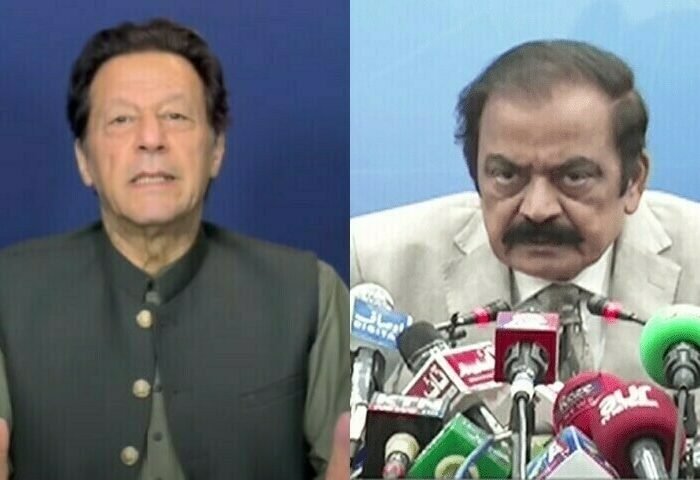Meta has unexpectedly ceased fact-checking efforts in the United States, raising questions about the platform’s approach to combating misinformation ahead of Donald J. Trump’s upcoming presidential term. The abrupt decision has sparked concern among media watchdogs and advocacy groups, who emphasize the importance of rigorous content moderation during a politically charged period.
Meta, the parent company of Facebook and Instagram, had been collaborating with third-party organizations to verify the accuracy of content shared on its platforms. These partnerships, launched in response to widespread criticism over the role of misinformation during previous elections, involved labeling false or misleading posts and reducing their visibility.
The termination of U.S. fact-checking initiatives has left many experts questioning the timing and implications of the move. Critics argue that this decision could create a vacuum for misinformation to flourish, particularly as politically sensitive topics dominate public discourse. Advocacy groups stress the significance of such measures in maintaining the integrity of democratic processes.
While Meta has not provided detailed reasoning for its decision, some analysts speculate it could be part of a broader shift in the company’s operational strategy. Others suggest the move may stem from potential legal and political pressures, as Meta navigates regulatory challenges and growing scrutiny over its content moderation policies.
Despite Meta’s withdrawal, organizations dedicated to countering misinformation have vowed to continue their efforts independently. Many fear that the absence of a coordinated response from one of the world’s largest social media companies could embolden those seeking to spread false narratives.
The broader implications of Meta’s decision remain to be seen. As misinformation poses an ongoing threat to public trust, experts emphasize the critical need for transparency and accountability in how platforms manage content during pivotal moments in history.





